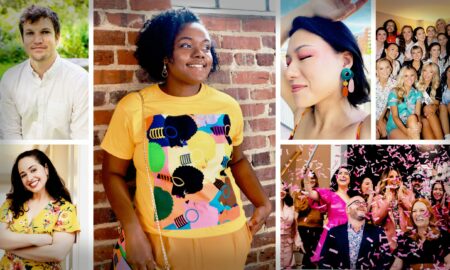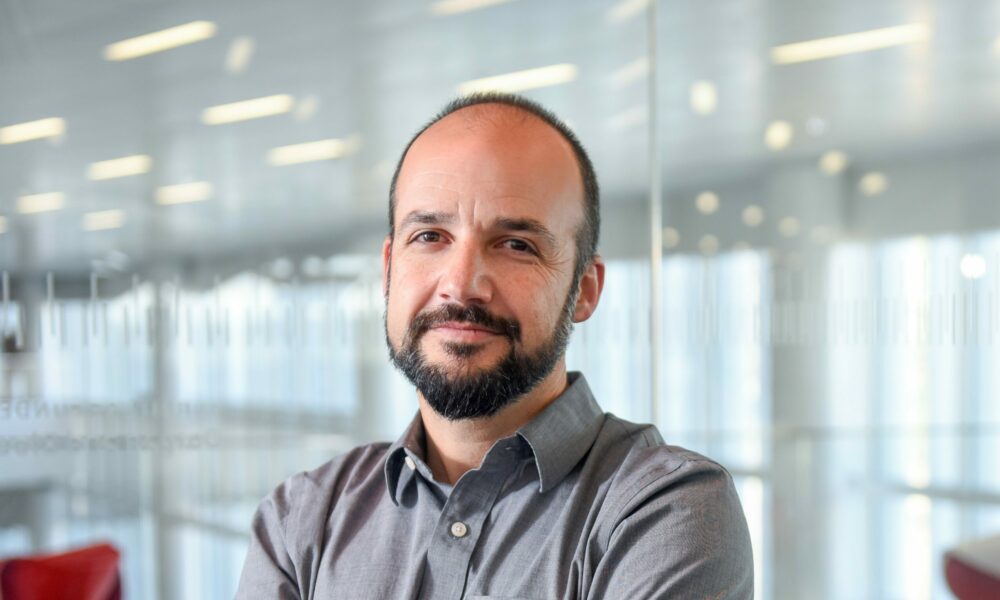

Today we’d like to introduce you to Duarte B. Morais.
Hi Duarte, we’d love for you to start by introducing yourself.
I was born and raised in Chaves, a small mountain town in the north of Portugal. In addition to farming cash crops like olive oil, wine, and chestnuts, our family hosts tourists at the farm and we also host events. So, you could say that I was raised by tourism because tourism kept our farm viable and it exposed me to tourists from all over the country and the world who were visiting our region to learn about our society, our culture, and our heritage. Portugal always ranks as one of the most popular and sustainable destinations in the world, so from a very young age, I experienced what it was like for a family and a community to leverage the economic muscle of tourism to support our livelihood goals by sharing that which makes us unique. After graduating from college in Universidade de Lisboa I came to the US and completed master’s and doctoral degrees in tourism (Clemson University). This education taught me that tourism can create opportunities for communities to generate equitable prosperity, rejuvenate their culture, and preserve their natural resources; however, the virtuous potential of tourism is only fulfilled with careful stewardship from local destination management organizations (e.g., visitRaleigh) and conscientious partners (e.g., People-First Tourism). My research, first at Penn State and then at NC State, revealed that a promising way to help communities harness the benefits of tourism is the development of a grassroots network of local tourism microentrepreneurs. So… in 2015, my colleagues and I disclosed our scholarship to NC State, and the university helped us launch its first tech-based social enterprise. Today, I am the CEO of People-First Tourism Inc., and as an NC State professor, I continue to conduct research on tourism microentrepreneurship; I teach undergraduate and graduate students how to make destinations competitive and equitable based on my scholarship and my growing experience in the private sector; and I offer my expertise to North Carolina communities through my role as a tourism extension specialist.
Can you talk to us a bit about the challenges and lessons you’ve learned along the way? Looking back, would you say it’s been easy or smooth in retrospect?
Our team has understood for a while that tourists are ever more interested in genuine experiences with locals. This was true with a minority of discerning tourists for many years, but since the pandemic, most people have come to feel that life is too uncertain to waste it with pseudo experiences. During our free time, we want to seek experiences that make us better human beings and/or improve our well-being. This trend is well-accepted in the industry, but most tourism organizations and companies are struggling to adapt. So, a lot of destinations are eager to engage with us. We’ve been honored to pursue our destination stewardship work in the Raleigh area for several years, and we are now able to see the results of our magic across Wake County. A few other counties in North Carolina hired us to inject hyperlocalism into their destinations, and next year, we will begin serving a couple more client destinations. So, yes, we have been strategic and persistent (and lucky) to gradually develop our company in a smooth and gradual manner. First, we translated our body of research into our destination stewardship processes, then perfected our approach in Raleigh, and now we are gradually growing organically so as to build systems and a team that can support that journey at scale.
As you know, we’re big fans of People-First Tourism. For our readers who might not be as familiar, what can you tell them about the brand?
People-First Tourism is a tech-based social enterprise. “We seek a world where travelers develop deep connections with their hosts, are transformed by the genuine local cultures they experience, and improve the lives of the people they visit.” (from Manifesto of the People-First Tourism Movement) We employ methods informed by my scholarship to a) recruit, mentor, and market authentic experiences offered by local microentrepreneurs and b) inject those experiences into destination formal systems. As an NC State startup, we are welcomed in the Raleigh Founded community of new and emerging companies. We are a social venture and a “living lab” for NC State students, so we are often “studied” by social innovation, business, tourism, and communications students; and we have very talented interns from Broughton High School.
We all have a different way of looking at and defining success. How do you define success?We measure success in three levels: We create authentic, fun, and enriching experiences for tourists and for local residents that want to rediscover their surroundings. We aim to offer three experiences each week in the Raleigh area (a few more in our other client destinations), and we capture participant feedback to monitor the quality of these experiences.
We create new livelihood opportunities for locals that become tourism microentrepreneurs. Each month, we aim to schedule brand new experiences offered by new locals that want to give it a try as tourism microentrepreneurs, and we also schedule some of the experiences that have received the highest ratings in previous months. We aim to develop a collective of well-mentored tourism microentrepreneurs by sharing feedback with them, assisting them in designing their marketing content, and involving them in networking events.
We aim to help our client destinations become ever more competitive by attempting to cultivate a people-centric ethos across the tourism industry. We meet with hotels, restaurants, attractions, and other organizations to offer access to the local microentrepreneurs that we mentor. We make it very easy for tourism companies to point their guests to the genuine experiences offered by our collective of local creatives, makers, growers, and healers.
We are a tech-based startup, so we have developed sophisticated analytics to measure all these things, and we provide regular progress reports to our client destinations. However, when I really feel successful is when I buy tickets to go to one of our experiences with my wife and maybe a few friends. Invariably, when I go to a P1t experience, I feel that I have accessed a subculture that I did not otherwise have access to, and an ambassador of that culture is inviting me in their midst because they are passionate about what they do and the people they know, and they want to be seen. Then I look around and see dozens of participants transfixed like me, and happy like me. It’s in those moments that I fully realize the magic that P1t is making – connecting the explores to the guides, the learners to the teachers and the dancers to the music makers.
Pricing:
- Most P1t experiences cost between $20 and $50.
- We encourage you to give experiences to your loved ones, so we see “giftables” which are vouchers you can buy and gift, and then the vouchers can be redeemed at a later time.
Contact Info:
- Website: https://peoplefirsttourism.com/
- Instagram: @peoplefirsttourism
- Facebook: www.facebook.com/peoplefirsttourism
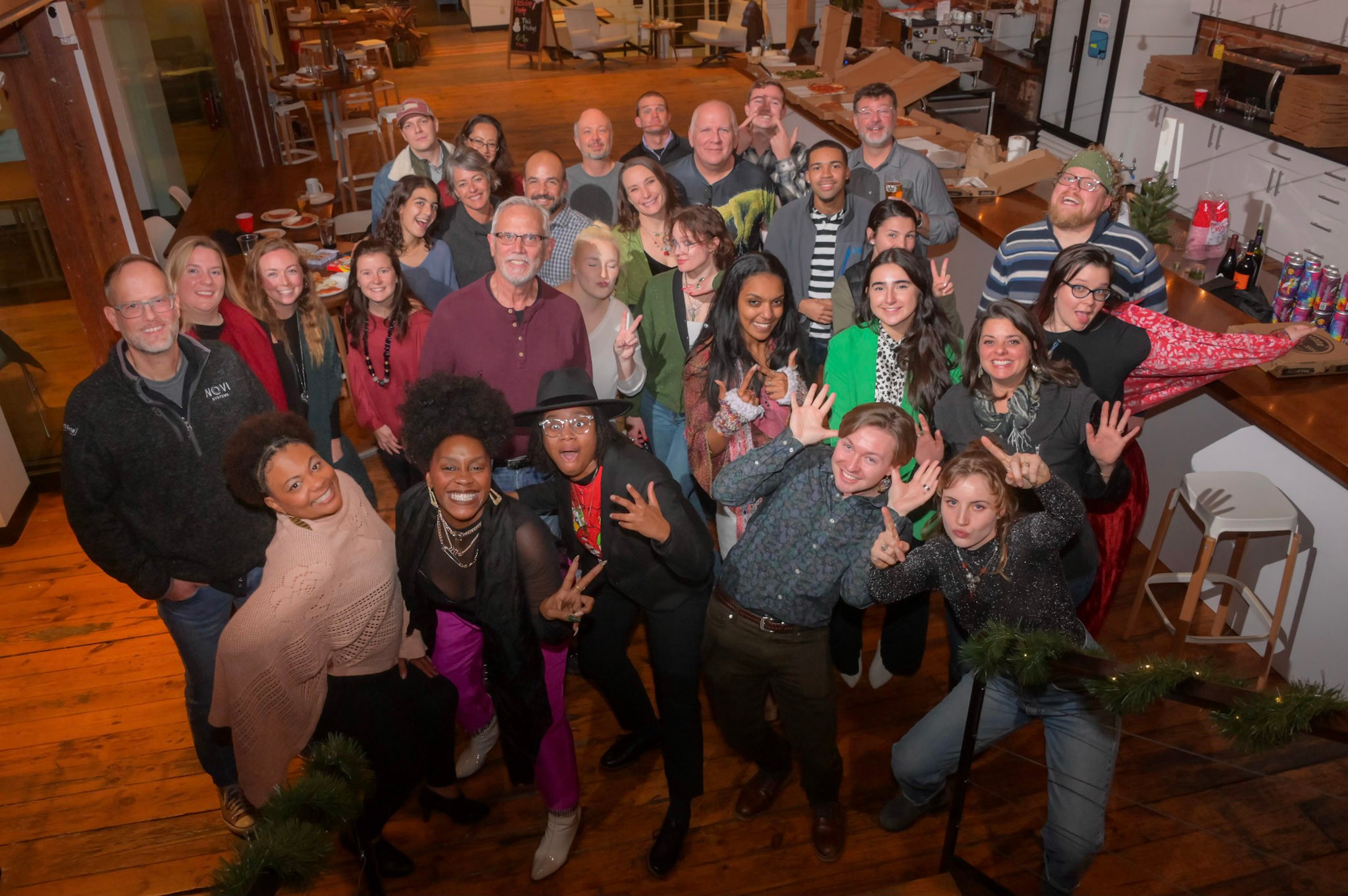
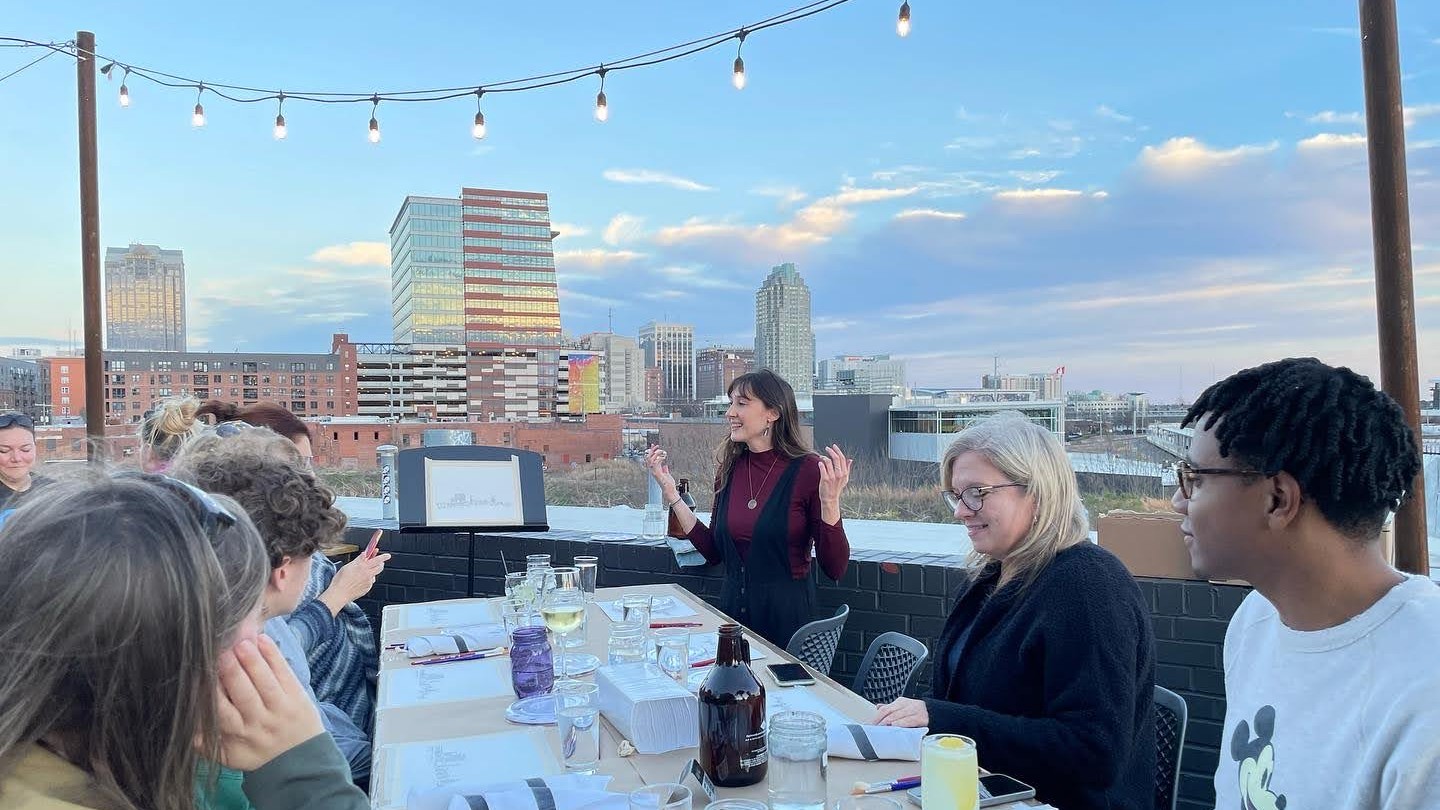
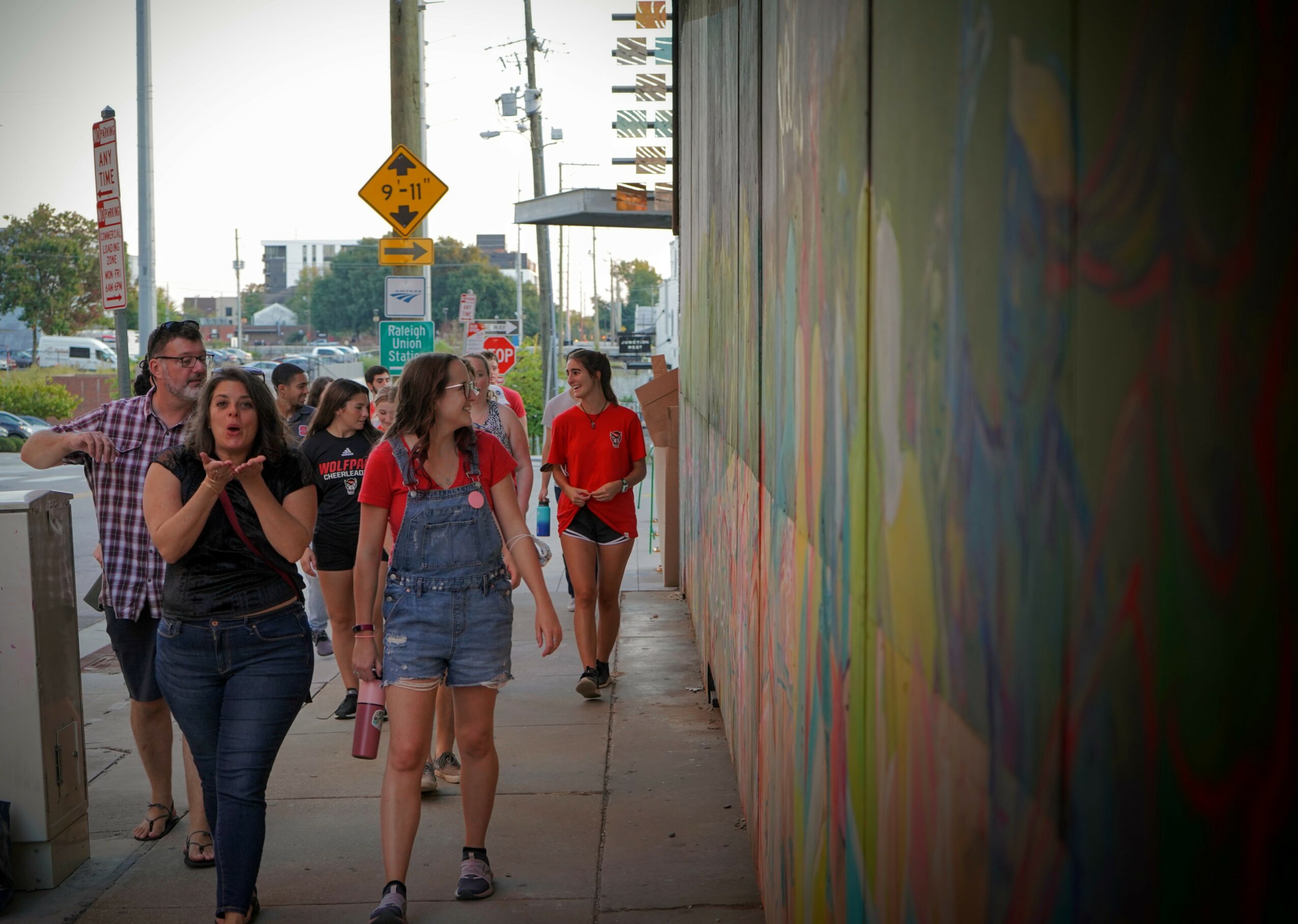
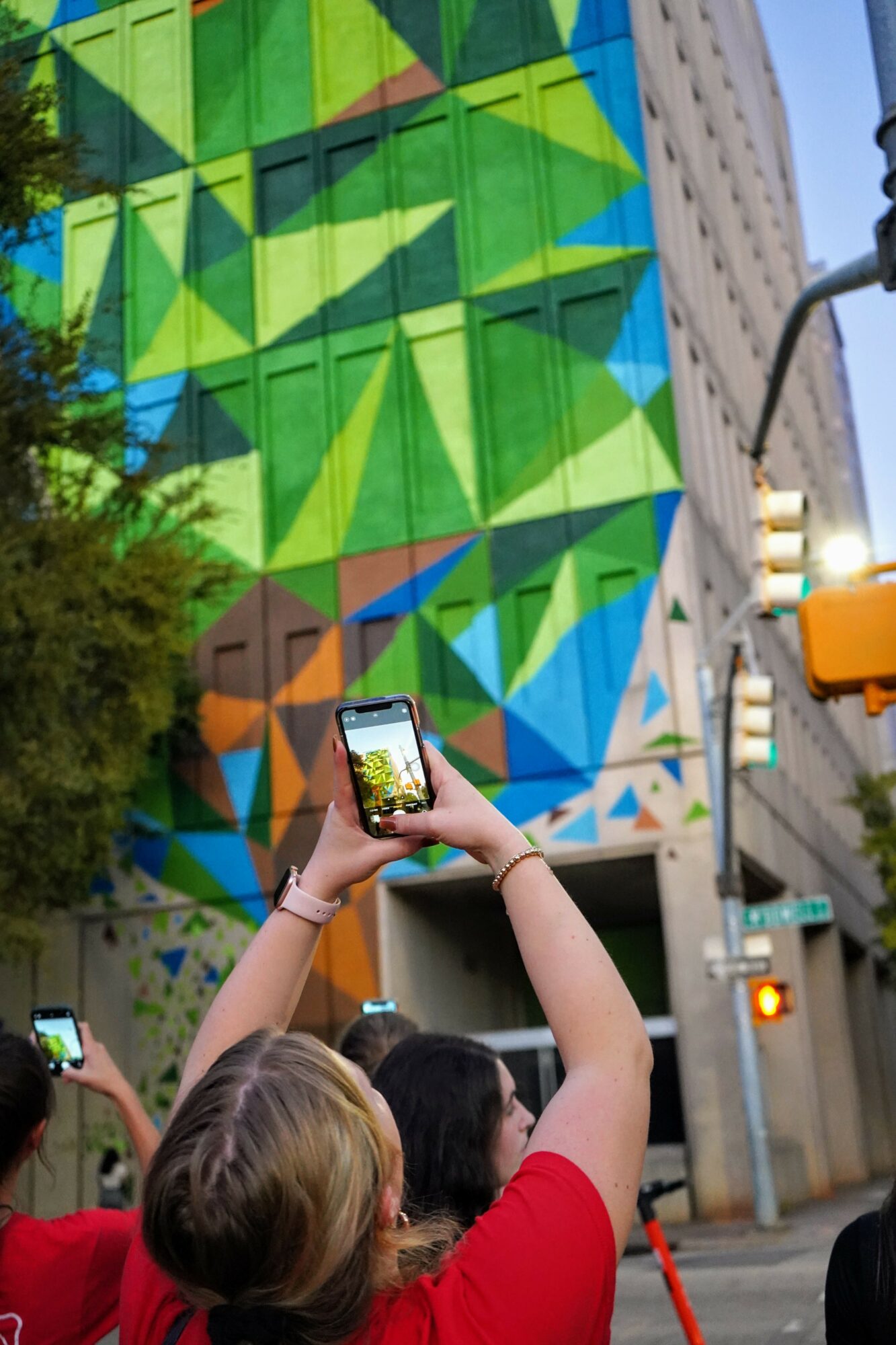
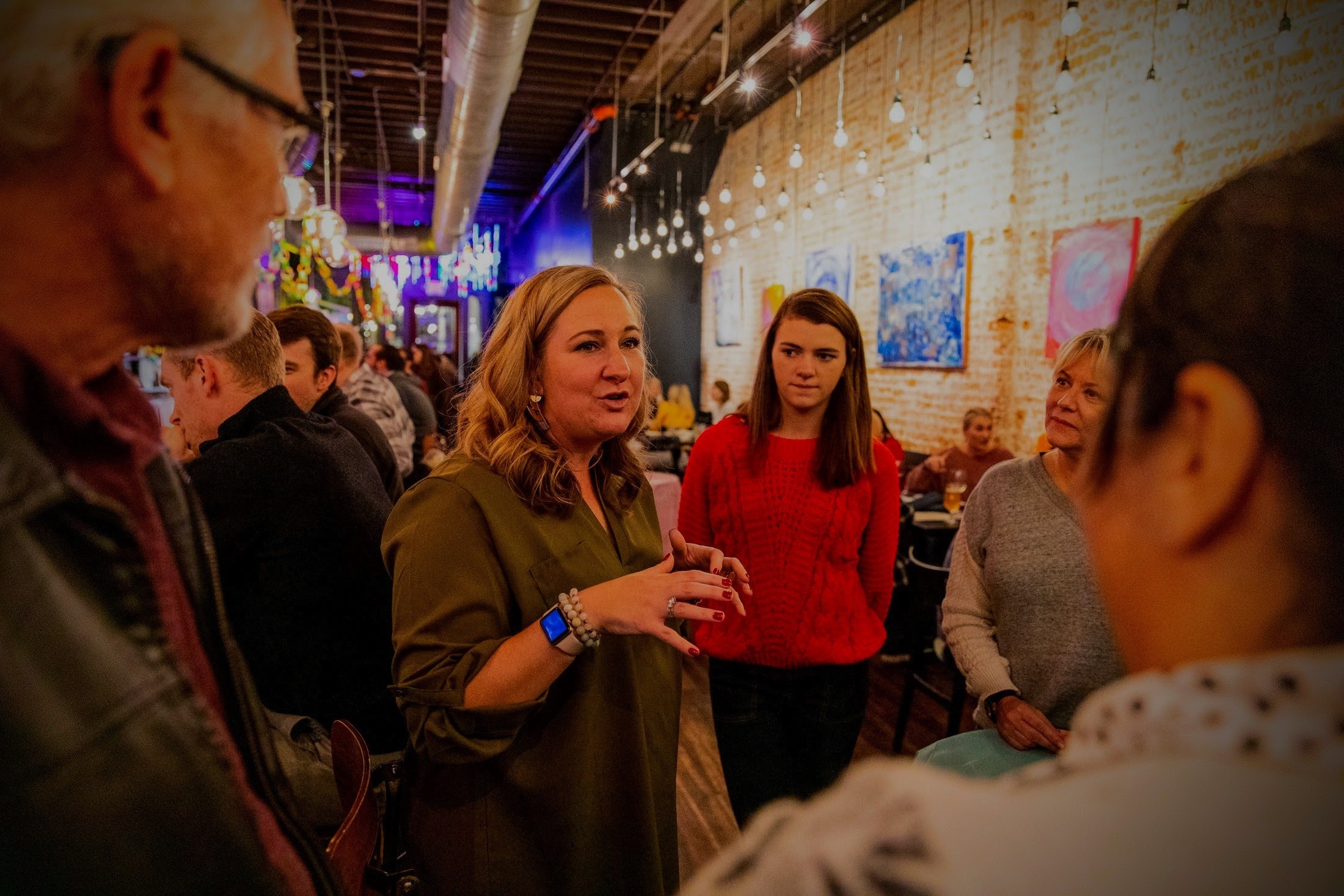
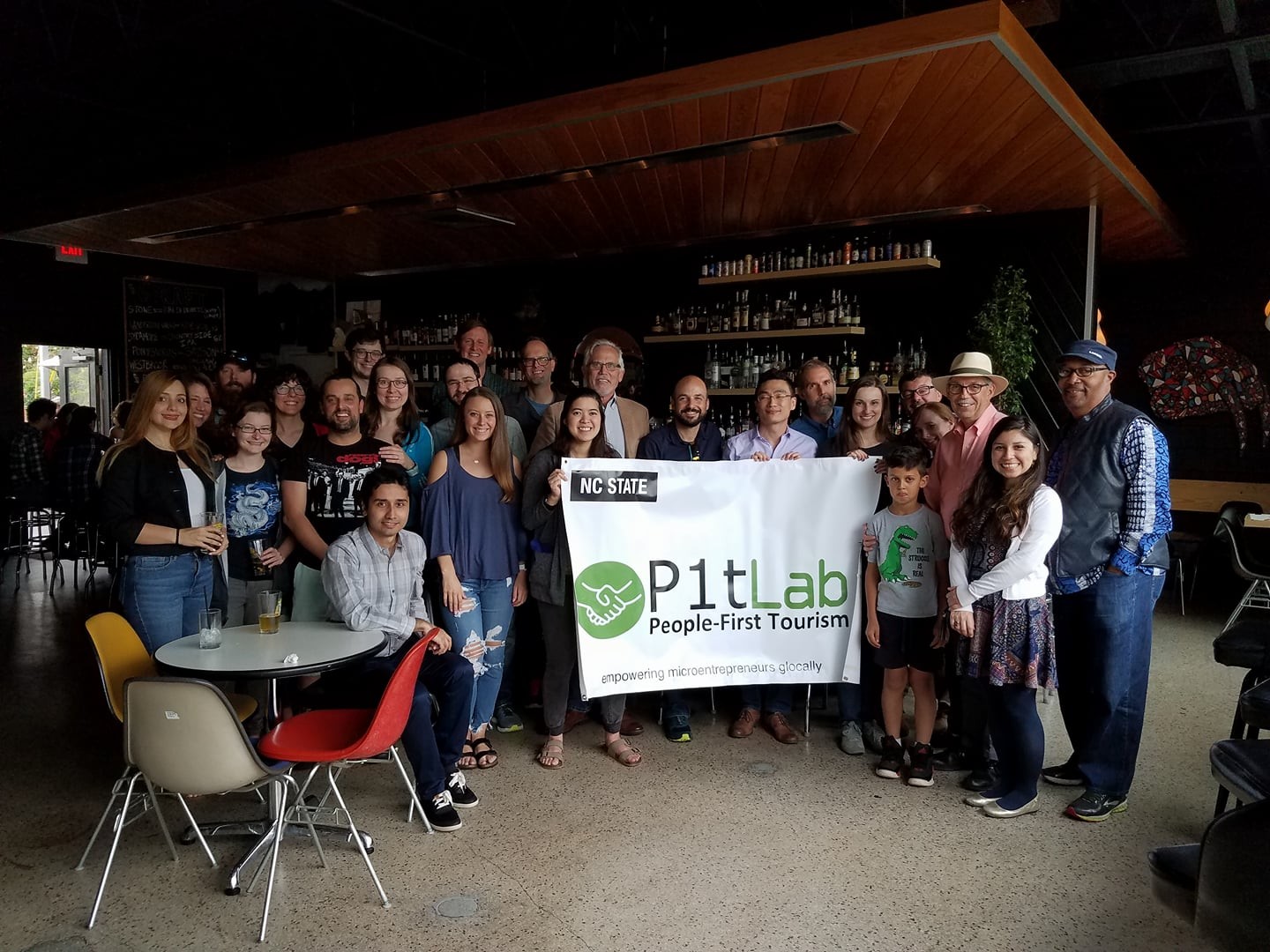
Image Credits
SeeItAllMedia
P1t experience
visitRaleigh
Duarte Morais

